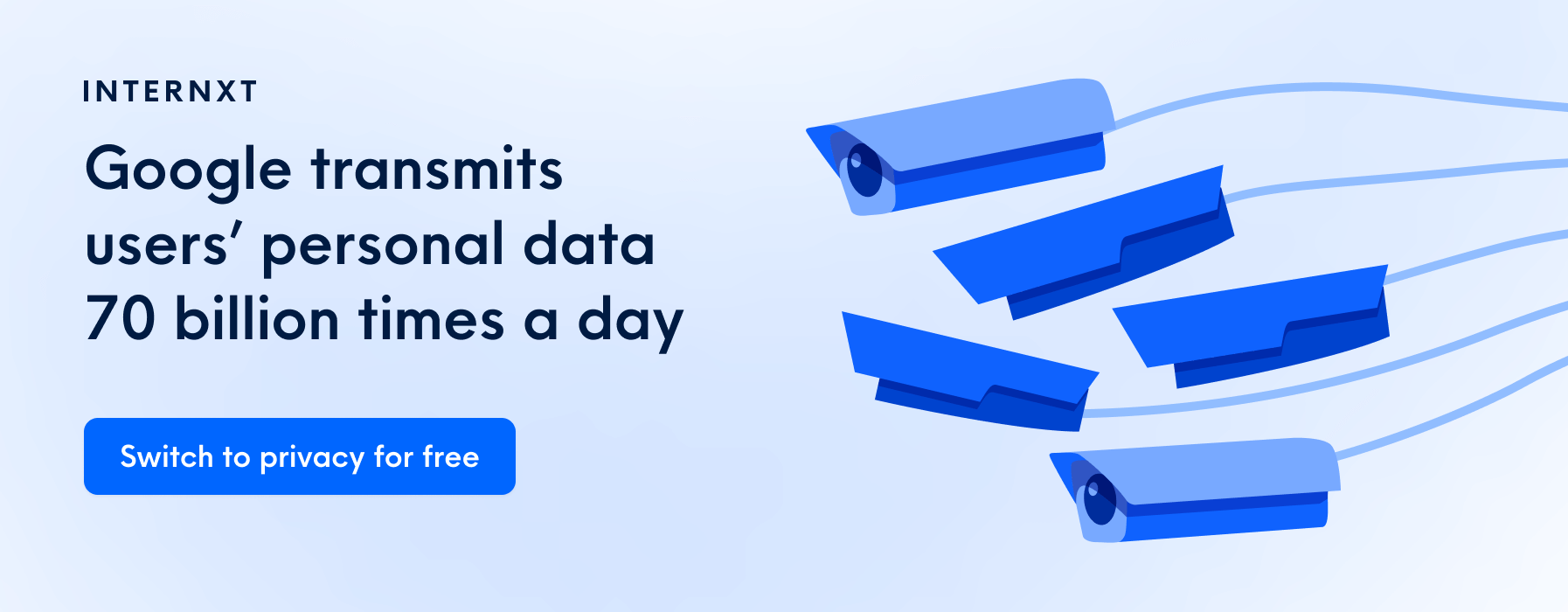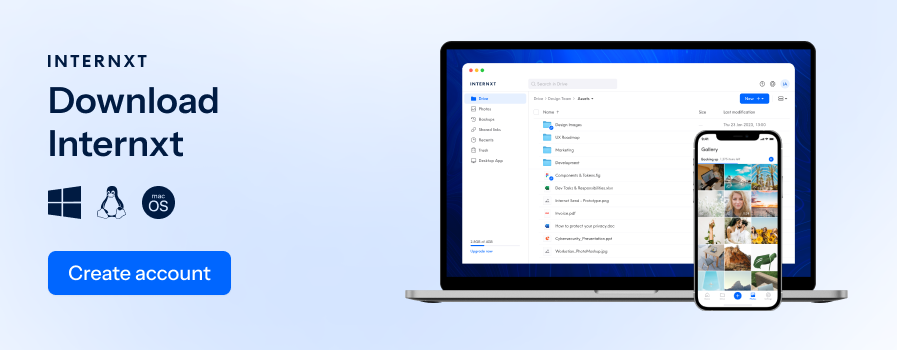How Do Hidden Web Trackers Put My Privacy at Risk?

Digital safety is a buzzword these days due to the ubiquity of our devices and how much we use them. As we go about our lives, whether we're on our laptops at home or out and about on our phones, we're constantly leaving digital breadcrumbs behind us in the form of data.
This data is then collected and used by businesses and potentially even malicious actors to track our movements, better target us with ads or other content, or even for fraud. While some of this tracking is incredibly sophisticated, other forms of it are more hidden and can be difficult to spot. Web trackers are one of these forms of hidden tracking that can put our privacy at risk.
What Are Web Trackers?
In short, a web tracker refers to any technology that allows a third party to collect data about your online activity. This data includes everything from the websites you visit, your searches, and even the items you add to your shopping cart. All of this information is then used to track your behavior online and better target you with ads or other content.
If used for more malicious purposes, this data can also be used to stalk you or commit fraud. Sometimes, web trackers have even been used to hijack people's accounts or infect their devices with malware. This allows them to access sensitive information like banking details or personal photos.
What Are the Most Common Web Trackers?
In an era where private data is increasingly valuable, and all of us are online more than ever, we're more exposed than ever to others taking advantage of our data. Knowing how to spot web trackers and what they're used for can help you better protect your privacy online.
Email Read Receipts
This feature is built into many email platforms and notifies the sender when their email has been opened. While this might not seem like a big deal, as it's an integral part of many other social media platforms like Facebook and Instagram, it can be used to collect data about when and where you open your emails.
The sender can then use the data collected from email read receipts to infer things about your daily routine and build up a profile of when you're likely to be online. What you open and don't open can also be used to target you with ads or other content.
For instance, if you regularly open emails about travel but never click on the links, the sender might assume that you're interested in travel but haven't booked a trip recently. They could then target you with ads for travel deals or special offers.
Similarly, opening more emails at a specific time of day or location could be used for targeted ads. If you open a lot of emails at night, the sender might assume you're a night owl and target you with advertisements for products that are most popular among people who stay up late.
While this feature can be turned off on most email platforms, it's not always obvious how to do so. In some cases, you might need to dig through the platform's settings or help menu to find the option. Why it's so difficult to find and turn off this feature is unclear, but it's likely because email providers see it as a valuable source of data they can sell to advertisers.
Tracking Cookies
One of the most common forms of browser tracking, embedded cookies are small pieces of code placed on your device when you visit a website. They're used to store information about your visit, like what pages you viewed and how long you were on the site. The longer you stay on a site, the more cookies are placed on your device.
So, let's say you're looking for a new pair of shoes on Amazon. You might browse through dozens of different pairs before finally setting your eyes on what seems to be the ideal pair for you. Even if you don't buy them immediately, Amazon will then use cookies to send you tailored ads for similar products.
These ads will follow you around the web, appearing on other sites you visit that use Amazon's ad network. The aim is to get you to come back to Amazon and complete the purchase. While it might seem harmless to be reminded of products you're interested in, it can be incredibly intrusive and difficult to escape if you're not fully invested in the item itself.

Browser Fingerprints
Your browser fingerprint is a unique identifier made up of information about your device and how you use it to browse the web. It can include things like your operating system, screen resolution, browser version, add-ons, and font types. You might be surprised at the level of detail that can be gleaned from this data.
In most cases, your browser fingerprint can be used to track you, even if you clear your cookies or use incognito mode. That's because it creates a profile specific to you and can be used to identify you across different devices and browsers. Every time you visit a website, the site can check your browser fingerprint against its database to see if you've been there before.
A classic example of fingerprinting is the airline websites that track the prices of flights you've been looking at. When you've already checked the cost of a flight multiple times, the airline website will assume you're interested in booking and may raise the price accordingly. This is known as price discrimination, and it's designed to push you into purchasing before you have time to compare shops.
IP Address Monitoring
Your IP address is a unique code assigned to your device whenever you connect to the internet. It helps internet service providers route traffic to and from your device, and it can be used to identify your general location.
While your IP number isn't as specific as your home address, it can still be used to narrow down your location to a city or region. Hijacking someone's IP address is also a popular method for launching cyberattacks, mainly because it can be done relatively quickly and cheaply.
Regarding web tracking, finding your IP address is often used in conjunction with other forms of data, like cookies and browser fingerprints. This helps companies get a complete picture of your online activity and makes it easier to throw tailored ads your way.
Embedded Scripts
An embedded script is a piece of code included in a web page to collect data about your interactions with the site. It differs from a traditional cookie in that it's not stored on your device; instead, it's sent back to the company that placed it there each time you load the page.
This type of tracking is prevalent on social media sites like Facebook and Twitter. These companies use embedded scripts to collect data about the articles and ads you interact with while logged in. They then use this information to show you more tailored content, especially in your newsfeed.

How to Prevent Getting Tracked
Given the widespread use of web trackers and the amount of data they can collect, it's no wonder that many people are concerned about their online privacy. Not only can this data be used to show you targeted ads, but it can also be sold to third-party companies or used to influence your buying decisions.
Over time, it effectively turns into a tool that's designed to get you to spend more money and guide your behavior in a particular direction. Corporations prey on the fact that most people are creatures of habit, and if they can get you to do something once, they'll likely be able to get you to do it again.
Fortunately, there are a few steps you can take to protect your privacy and prevent getting tracked online. For starters, you can use a VPN which is a tool that encrypts your internet traffic and hides your IP address. You can set your location to a different country to make it harder for sites to track you, and you can also choose from several other privacy-enhancing features.
In addition, you can use a private browsing mode like incognito in your browser of choice. Though not entirely foolproof, this will prevent your browsing history and cookies from being stored on your device. You can also install ad blockers and anti-tracking extensions to protect your privacy further.
But even if you take all of these precautions, you're not entirely safe from being monitored in the digital world. As much as we'd like to think otherwise, the truth is you can track and compare but our online privacy is slowly eroding.
While we may take solace in opting out of some forms of tracking, it's only a matter of time before we're forced to give up even more of our privacy in exchange for the convenience of being online.

